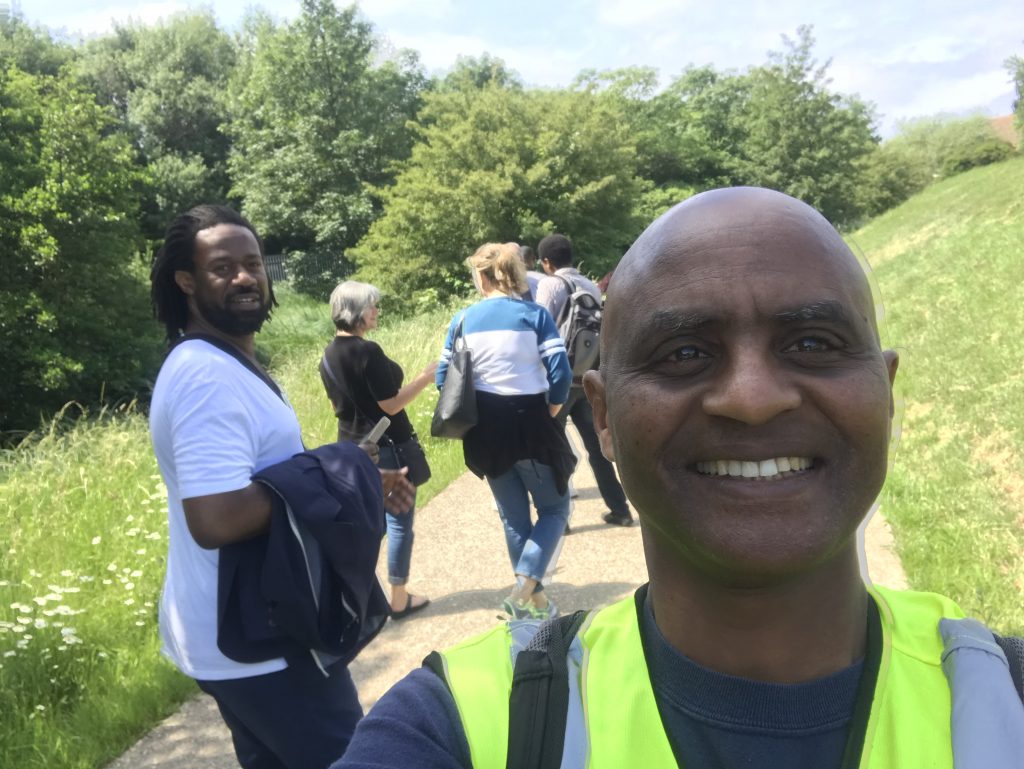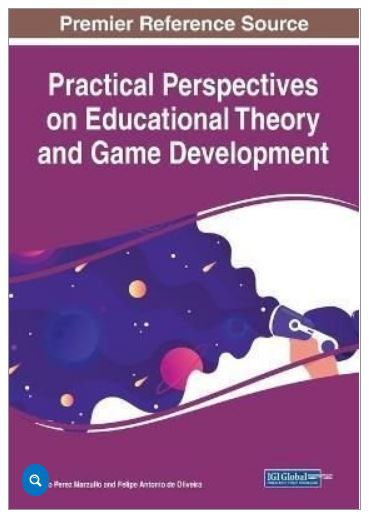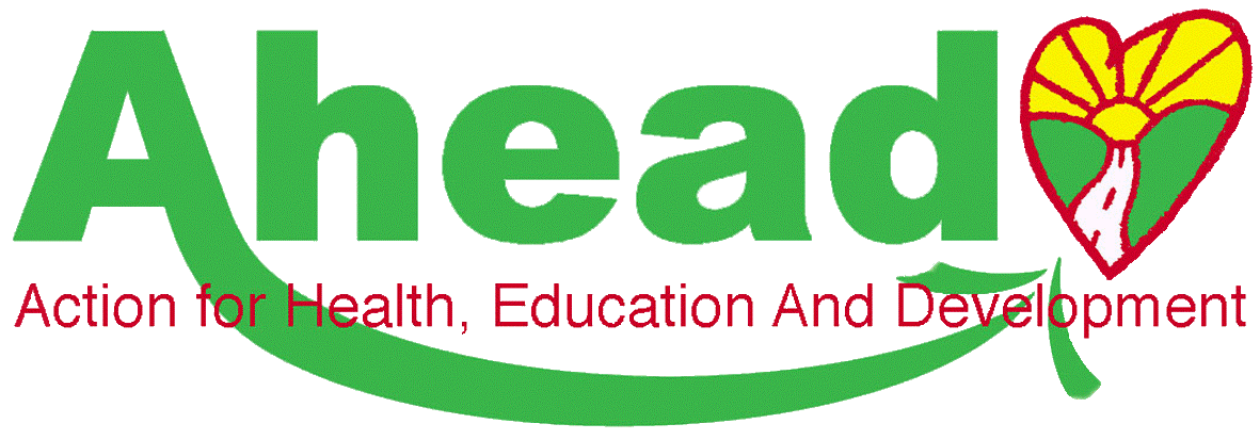
Chapter 8 explores how the Guji Oromo people undertake ethnomathematical activities by applying their indigenous methods.

Ethnomathematical activities include counting, locating (the activity of grouping, clustering, making network, etc.), measuring (the actions of quantifying, weighting, etc.), designing (planning, building, and pattern activities), playing (puzzles, paradoxes, models, games, hypothetical reasoning), and explaining (how to do things, activities [e.g., classifications, conventions, generalizations, and symbolic explanations]).
This predominantly qualitative study identifies the indigenous ethnomathematical games and concepts and assesses the potential effectiveness of an integration of the ethnomathematics and formal mathematics on the learning/teaching experiences of pupils and teachers. Impacts of such integration on pupils’ performance in mathematics assessment are examined. Such an action could enable to amalgamate the Western knowledge system with an African knowledge system to create synergy that might boost the quality of primary mathematics education in Ethiopia.

Recent Comments